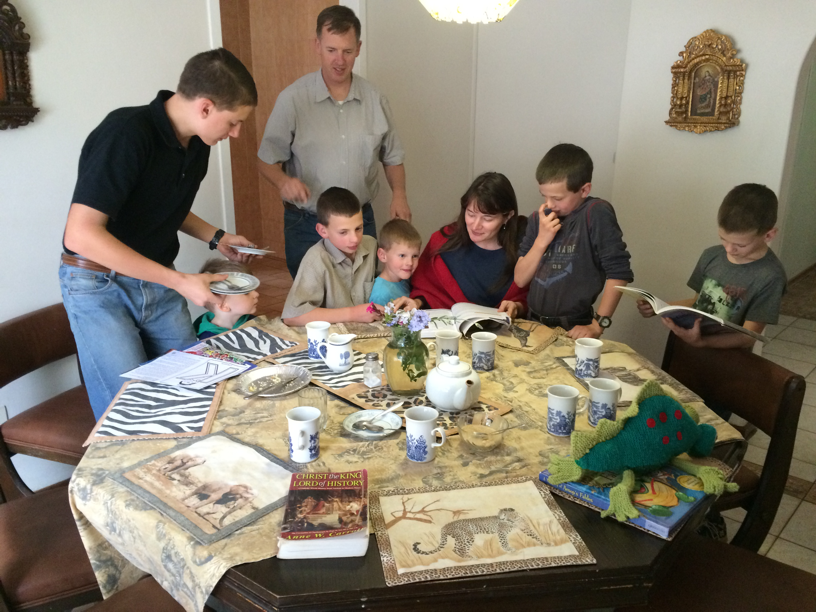
MARFAM WEEKLY E-NEWSLETTER APRIL 17 2024.

When I was composing my newsletter and gathering my thoughts last week about Family Spirituality I noted that one of the elements of family spirituality is family meals. We all know these days how family meals are often eaten, in front of TV, in one’s own room with a cell phone or playing a game, or in the kitchen in a rush or many other ways depending on what is possible, convenient or one’s choice. A large family in a small shack doesn’t have the same choice as a suburban family of three in a large house. Even the food that makes up our daily meal might consist of bread, or mealie-meal and marog -, an indigenous vegetable-like spinach, or take-out burgers or chicken etc. or what is traditional in many families, meat-potatoes &vegetables- pudding and maybe soup for starters. Can one ask? “Which are the most popular or most healthy or best for the planet?” It depends, doesn’t it, but needs to make us think?
Laudato Si with its subtheme Care of Our Common Home, has as its underlying focus God’s creation, his care for the earth as the home he created and an invitation to us to partner with him in Caring for Our Common Home. “the natural environment is a collective good, the patrimony of all humanity and the responsibility of everyone.” LS 95
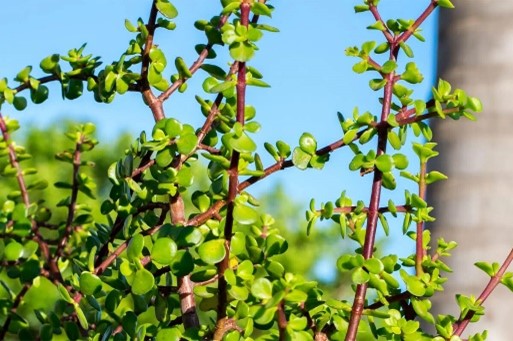
One of the Laudato Si projects in 2022 was around the theme HEALTHY PEOPLE, HEALTHY PLANET, that can also be taken vice versa. If the planet is doing well, so can its inhabitants, and not only people either. A book in my library “Food from the Veld” tells me there are 2000 edible plants in southern Africa that have been eaten by indigenous people for centuries, sometimes together with meat, or in combination with other foods, e.g. maize or sorghum with vegetables and a sauce. A plant that has been quite well publicized and has become well-known, is the spekboom or porkbush which is easily grown anywhere. It is a source of vitamin C, extracts carbon dioxide from the air and does even more good things for the various tree-planting groups. While it is edible and healthy and leaves can be added to many things like stews, soups, even smoothies, ice-cream and jam I wouldn’t make a whole meal out of it.
There are very many resources online promoting many aspects of human health, heart, brain, gut, bones, etc. some examples are the FOOD REVOLUTION NETWORK and “Grow your own vegetables.” Some are overseas resources and promote special pills or supplements, but locally there are many traditional and more modern herbs and health products such as morenga and baobab pills and powders, also nuts and seeds e.g. sunflower and pumpkin seeds, Healthy people do not necessarily need expensive diets and supplements.
On a rather different note. At the eco-conference at the St Joseph’s Theological Institute in KZN last weekend Dr Fr Neil Mitchell, presented a talk which impressed me greatly. He asked, “When will the Church acknowledge animal Agriculture as a cause of Climate Change and Environmental Destruction? I quote from his notes with permission, with a comment or two on family awareness.
Fr Neil stated, “Many may hold that that burning of fossil fuels is the only cause of Climate change but another cause is animal agriculture.” What is this? “Farming” with cattle, sheep, goats, chickens, fish and eggs, mainly for human consumption, but often in unhygienic and stressful unnatural environments. In addition keep in mind that those animals themselves have to be fed too. Over 70 billion animals are killed every year for food in many different settings. Take note of the animal transport ships that recently docked in SA ports carrying 1000s of domestic animals destined for slaughter for the tables of the Middle East. The NSPCA actually went on board and removed sick animals not suitable for human consumption.
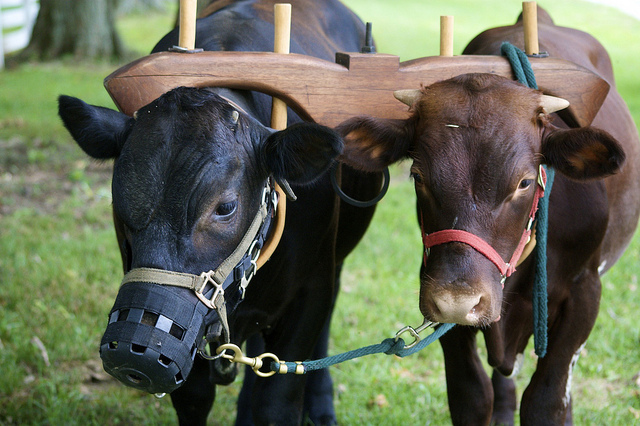
“Studies show that animal agriculture is a cause of climate change. its severe impacts including deforestation – Amazon and other indigenous forests have been cleared for grazing, species extinction – natural habitats are destroyed and loss of the biodiversity results in loss of many smaller creatures, water use and pollution, air pollution with methane gas produced by animals, and all kinds of habitat destruction .
Fr Neil told about a young girl from California, a vegan from the age of six who wrote a letter to Pope Francis asking him to adopt a plant-based diet during Lent. In her letter, she described how animal agriculture leads to climate change. She got a nice thank you letter, but Pope Francis didn’t respond to her request and in fact it concerns Fr Neil that in Laudato Si there is almost no reference to the problems caused by animal agriculture. In the COPs over the years it has hardly featured until in COP 2028 a whole day was dedicated to food and agriculture and countries signed up to commit to some action. Overall however, animal agriculture and its effects on our climate have been almost completely ignored.

Why is there such ignorance in Catholic teaching on animal agriculture? Is it the question of stewardship? Other species, plants and animals, have been on the planet far longer than human beings, so why should we have the right of stewardship over them. Many scholars have criticized the stewardship or dominion model.
Fr Neil stated his strong belief that the Church needs to develop a new theology that incorporates ecology on a much deeper scale. He expressed concern that Laudato Si and the more recent Laudate Deum do not take the problem seriously enough and address the whole topic well enough. In Laudato Si LS 67 the issue is presented in the way that humans should care for, rather than have control or dominion over aspects of creation. Is this good enough?

What can families do to reflect, dialogue and act on this? Cutting down on meat consumption, especially red meat, is a health benefit in itself for the heart and other parts of the body. But the spiritual and theological aspects, an appreciation for and care of all God’s creatures, should not be neglected. It’s tricky. We know that Jesus enjoyed a good meal and drink. He lived in harmony with creation and that can be a starting point. As we do during Mass every time we sit down to eat, we can begin by saying grace, asking for God’s blessing, thanking God for the food we have received through creation, while also expressing our guilt for any excessive greed and wastage that harms our world and deprives the poor whose needs we are called to be mindful of.
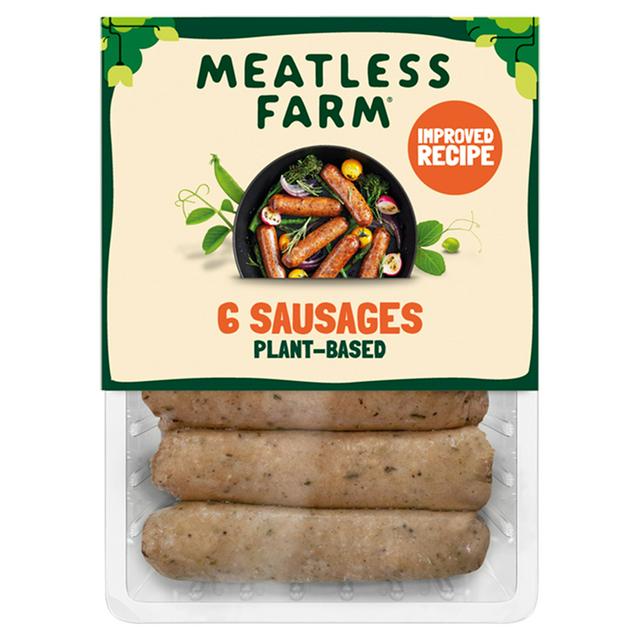
Fr Neil concluded, stating that environmentalists are telling us to move to a plant-based diet to help solve the problem of climate change. It’s a call that challenges traditions, cultures and dogmas. It is a challenge too to work at increasing healthy food production by and for the poor, which is still so often insufficient. A catastrophe is looming over our planet, and why should our daily meals be allowed to contribute to this in an unnecessarily detrimental way? Just stop and think what is really meant by HEALTHY PEOPLE, HEALTHY FAMILIES, HEALTHY PLANET. TR FAMILY WEEKLY 024
THOUGHT FOR THE DAY. ECOLOGICAL CONVERSION
April 17. All the parents in the groups were heard to express concern that so many of the youth were making connections and also attending services in Pentecostal churches that seemed more lively. “In a way I think it is OK if they go there to pray and worship and for fellowship but what worries me is that there is no true communion. Jesus did say, “I am the bread of life” and I believe we need to be fed with his body and blood.” “Not having been able to go to Mass and receive communion for months during Covid didn’t help either and it is sad that there are people young and older who haven’t come back to church to be able to receive Jesus in communion.” “I wonder what people really believe.” “Our prayer and faith sharing at home have helped us but we all do need to be taught more, about relevant matters such as ecological conversions especially.”
Reflect, share, pray. Scripture: Jesus said to the crowds, “I am the bread of life. I have come down from heaven not to do my own will but to do the will of him of who sent me. This is the will of my Father, that everyone who sees the Son and believes in him should have eternal life, and I will raise him up at the last day. John: 6:35-40. Pope Francis: One Person of the Trinity entered into the created cosmos, throwing in his lot with it, even to the cross. From the beginning of the world, but particularly throughout the incarnation the mystery of Christ is at work in a hidden manner in the natural world as a whole. LS 99. The Eucharist is also a source of light and motivation for our concerns for the environment, directing us to be stewards of all creation. LS236. ACTION. Pray for a deepening understanding of our faith in today’s context.

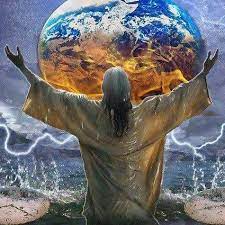
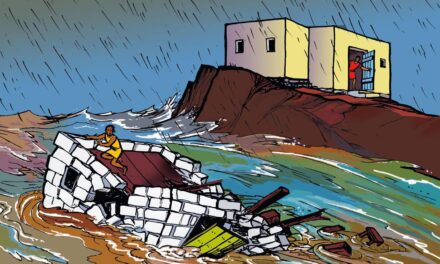

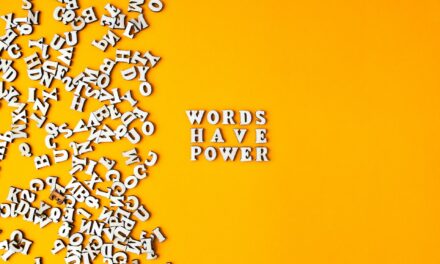
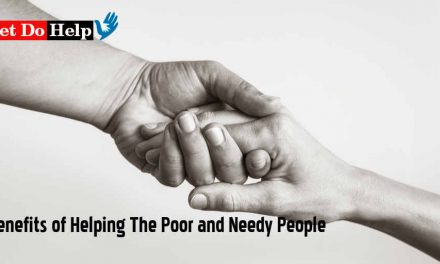
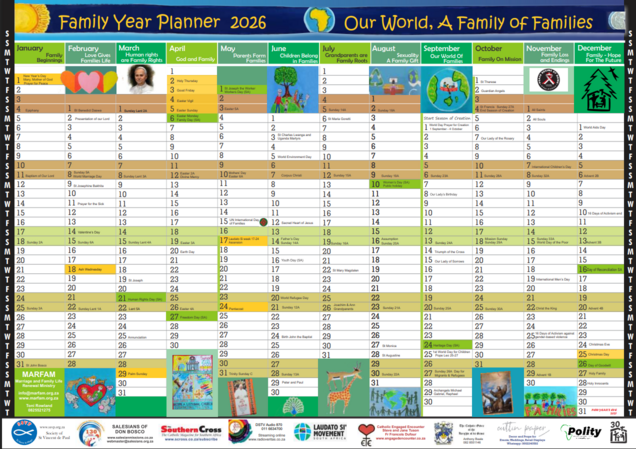
Recent Comments